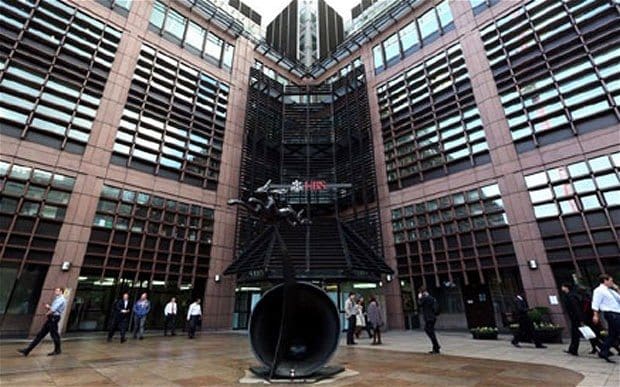“UBS failed to take reasonable care to organise and control its affairs responsibly and effectively, with adequate risk management systems and failed to conduct its business from the London Branch with due skill, care and diligence,” the Financial Services Authority (FSA) said in a statement on Monday.
Tracey McDermott, director of enforcement and financial crime at the FSA, branded UBS’s controls “seriously defective”, reports The Telegraph.
“UBS failed to question the increasing revenue of the desk and failed to ensure that there was a corresponding increase in the controls in place over the desk. As a result Adoboli, a relatively junior trader, was allowed to take vast and risky market positions,” she said.
Last week, the Telegraph reported that UBS was “ready to settle” with regulators for the multiple failures of systems, controls and supervision that allowed Adoboli to clock up £1.4bn losses.
Adoboli was jailed for seven years and dubbed a trader who was “out of control”, having been found guilty of the biggest fraud in British history.
The FSA fine, which was reduced from £42.4m as the Swiss bank settled early, is the biggest fine for systems failures by a bank, although it is below the £59.5m levied on Barclays as part of the bank’s transatlantic settlement over Libor rigging claims.
The FSA and the Swiss regulator, Finma, started investigating UBS in February. In the UK, a report conducted by KPMG on behalf of the FSA has formed the basis of the regulator’s investigation. As a result the bulk of the enforcement is already complete with just few more details to add which could not be conducted while the criminal case was ongoing.
Prosecutors described Adoboli, who was born in Ghana and educated in England, as a “master fraudster” and compulsive gambler who ran up losses of £123,000 of his own money on top of UBS’s losses. He hid his trades telling “carefully crafted, deliberate, detailed and sophisticated lies.”
However UBS was also exposed as having lapse controls that failed to detect the fraud for more three years. Adoboli took advantage of UBS’s back-office procedures that regularly did not check trades until just before settlement, often around 27 days by which time he cancelled the trade and opened a new one.
The rogue trading only ended when Adoboli wrote a “bombshell” email in September 2011 confessing to his activities. In court it emerged his losses had peaked at around $12bn – enough to bankrupt UBS.


